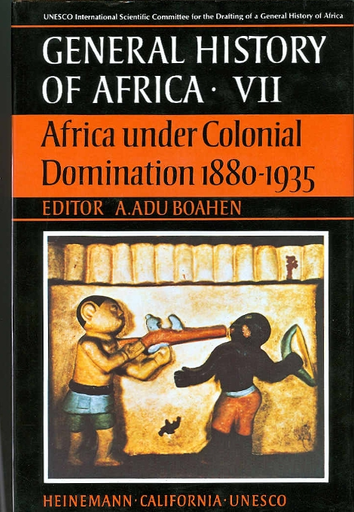European Colonialism in Africa: History, Impact, and Legacy
European colonialism in Africa reshaped the continent’s political, economic, and cultural landscape. Spanning from the late 15th century and intensifying during the 19th century’s Scramble for Africa, the colonial era left a lasting legacy that still influences Africa today.
📜 The Origins of European Interest in Africa
The earliest European explorers — mainly Portuguese and Spanish — arrived in coastal Africa in the 15th century seeking trade routes to Asia. Initial contact was dominated by trade in gold, ivory, and enslaved people.
By the 19th century, with industrialization in full swing, European powers sought to control Africa's resources and markets directly through colonization.
🗺️ The Scramble for Africa and the Berlin Conference (1884–1885)
The "Scramble for Africa" refers to the rapid invasion, occupation, and division of African territory by European powers. The process was formalized during the Berlin Conference, where European countries divided Africa among themselves without African consent.
Major colonial powers included:
- United Kingdom: Nigeria, Kenya, Uganda, South Africa, Sudan
- France: Senegal, Mali, Algeria, Madagascar
- Portugal: Angola, Mozambique, Guinea-Bissau
- Germany: Namibia, Tanzania (then German East Africa), Cameroon
- Belgium: The Congo Free State (now DRC)
- Italy: Libya, Eritrea, Somalia
⚙️ Economic Exploitation and Forced Labor
Colonial economies were built to benefit the colonizers. Africans were forced into labor in mines, plantations, and infrastructure projects. Resources like rubber, diamonds, and oil were extracted with little or no benefit to local populations.
Taxation, land seizures, and discriminatory trade policies created cycles of poverty and economic dependency that persist today.
🏫 Cultural and Social Disruption
European colonialism disrupted traditional African societies. Missionary schools introduced Western education, often erasing indigenous knowledge and languages. Christianity spread rapidly, frequently displacing African religions.
Colonial administrations used policies like indirect rule (British) or assimilation (French) to maintain control, often manipulating ethnic divisions and creating artificial borders that remain sources of conflict.
⚔️ Resistance and Nationalism
Despite repression, Africans resisted colonial rule through both armed struggles and political activism. Notable figures and movements include:
- Samori Touré (West Africa)
- Shaka Zulu (Southern Africa)
- Jomo Kenyatta (Kenya)
- Kwame Nkrumah (Ghana)
- Nelson Mandela (South Africa)
Following World War II, a wave of independence swept across Africa, starting with Ghana in 1957 and culminating in the independence of countries like Angola and Mozambique in 1975.
🏛️ Legacy of Colonialism
The long-term effects of European colonialism in Africa are profound and complex:
- Political instability due to arbitrary borders and weak post-colonial institutions
- Economic underdevelopment and dependency on former colonial powers
- Social inequality and fragmented identities
- Language and legal systems influenced by colonial heritage
🔍 SEO Keywords
- Colonialism in Africa
- European colonization of Africa
- Berlin Conference 1884
- Scramble for Africa summary
- Legacy of colonialism in Africa
🔗 Authoritative Backlinks
- Encyclopedia Britannica – Colonialism
- BBC Bitesize – Scramble for Africa
- United Nations – Decolonization
- South African History Online
📘 Conclusion
European colonialism in Africa was a defining force in the continent’s modern history. It brought profound changes, many of which continue to affect African nations today. Understanding this legacy is essential to addressing contemporary political, economic, and social challenges.
Read more at Infornews – Africa’s Voice in Global History.


إرسال تعليق